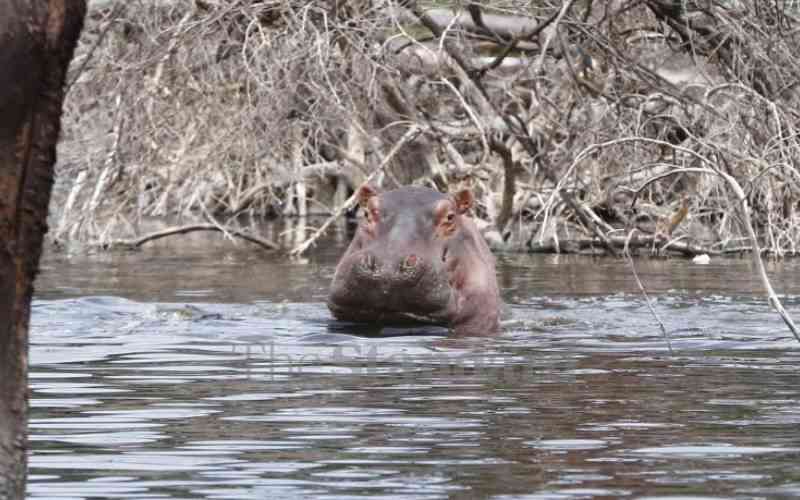×
The Standard e-Paper
Fearless, Trusted News

The fisherfolk around Lake Naivasha have raised concern over the rise in hippo attacks that have claimed three lives in the last week.
Three middle-aged men were killed by hippos near Kihoto estate and Karagita landing beach in three separate incidents while on an illegal fishing mission.